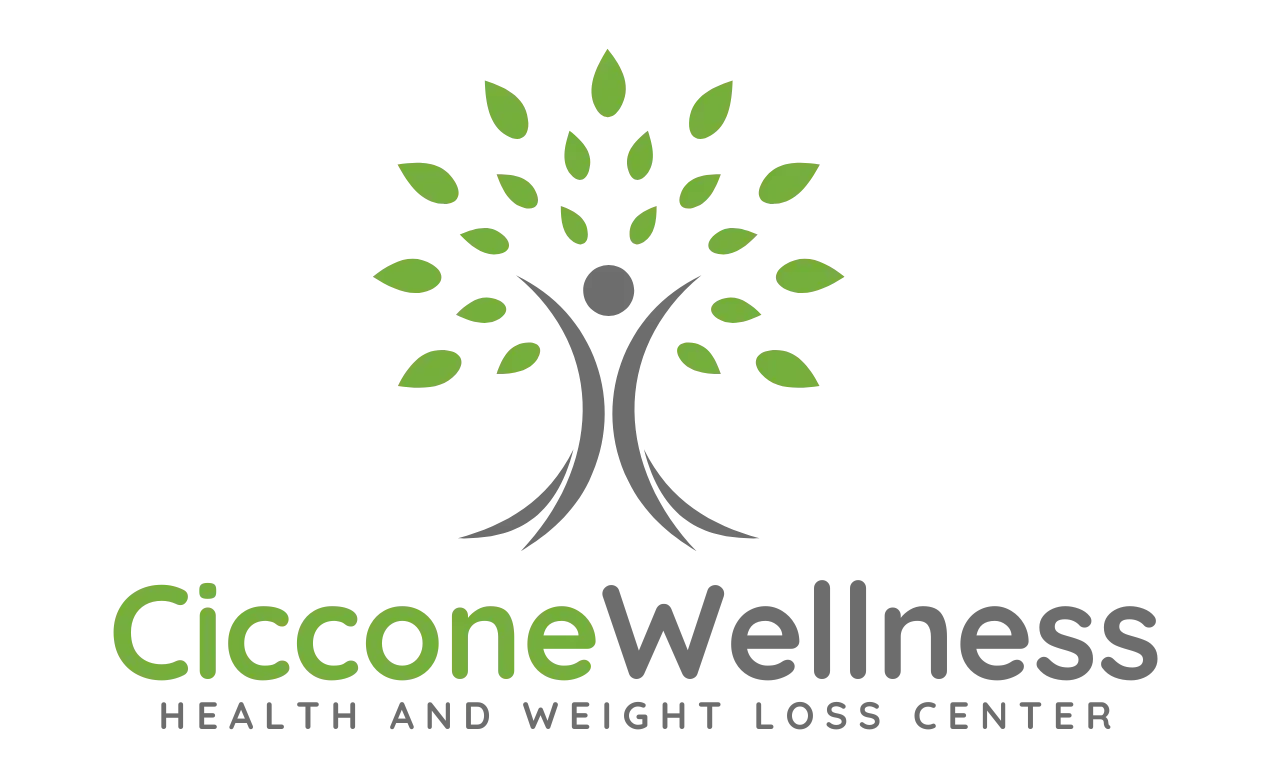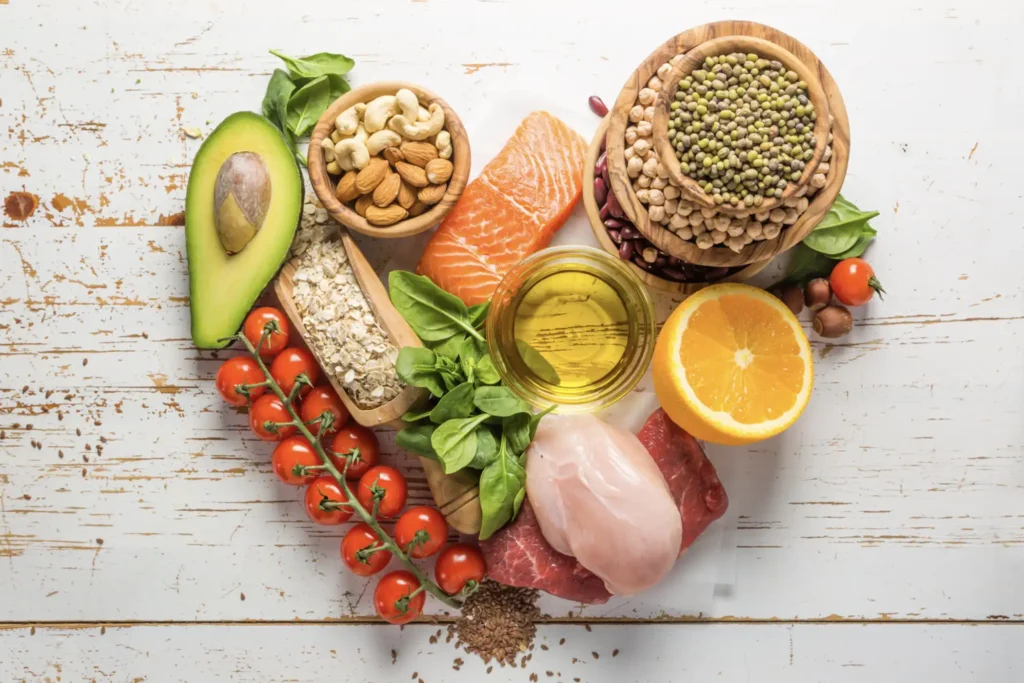Preventing heart disease is key to lowering your chances of experiencing a heart attack. Here are some key tips for making small dietary changes that could lead to significant health benefits.
1. Be Mindful of Portion Sizes
Pay attention to your portion sizes for both healthy and less healthy foods. Eat more low-calorie, nutrient-dense foods such as fruits and vegetables, and reduce your intake of high-calorie, high-sodium foods, including refined, processed, and fast foods. Remember, restaurant servings are often larger than what you would typically eat at home, so be cautious when dining out. In our 90-day program, we encourage clients to consume more food because the food is nutrient-dense and low in calories.
2. Choose Whole Grains
Opt for whole grains over refined grains, as they are rich in fiber and other nutrients that support heart health and help control blood pressure. Include whole wheat flour, whole grain bread, brown rice, oatmeal, and whole grain pasta in your diet. Our program allows clients to try these food options to determine which ones support both heart health and healthy weight loss.
3. Limit Saturated and Trans Fats
Reducing your intake of saturated and trans fats can lower your blood cholesterol and reduce your risk of heart conditions such as coronary artery disease. Simple ways to cut back on these fats include choosing lean meats with less than 10% fat, using less butter, margarine, and shortening when cooking, and checking food labels for hidden fats. Even products labeled as “reduced fat” may contain trans fats. In our weight loss program, we encourage clients to test healthy fats to see which ones promote heart health and weight loss. Here’s a list of fats to incorporate into your diet:
- Olive oil
- Nuts and seeds
- Grass-fed butter
- Avocados
- Salmon
- Dark chocolate
- Raw cheeses
- Avocado oil
- Oatmeal
- Coconut oil
4. Choose Low-Fat Protein Sources
Lean meat, poultry, fish, and eggs are excellent sources of protein. For our vegetarian clients, we recommend including hemp seeds and legumes such as beans, peas, and lentils, which contain no cholesterol and make a great substitute for meat. Avoid processed meats like hot dogs, sausages, bacon, and fried or breaded meats.
5. Limit Sodium Intake
Eating foods with a lot of added sodium can lead to high blood pressure, a risk factor for heart disease. Much of the sodium we consume comes from canned or processed foods, including soups, baked goods, and frozen dinners. Choose condiments carefully, as many are available in reduced-sodium versions.
Making these five changes to your diet can help lower your risk of heart attacks and contribute to a longer, healthier life. We enjoy educating clients on proper diet and all of its health benefits. If you or someone you know would like to learn more, please contact us to schedule a free new patient appointment. Together, we can make these positive changes!

